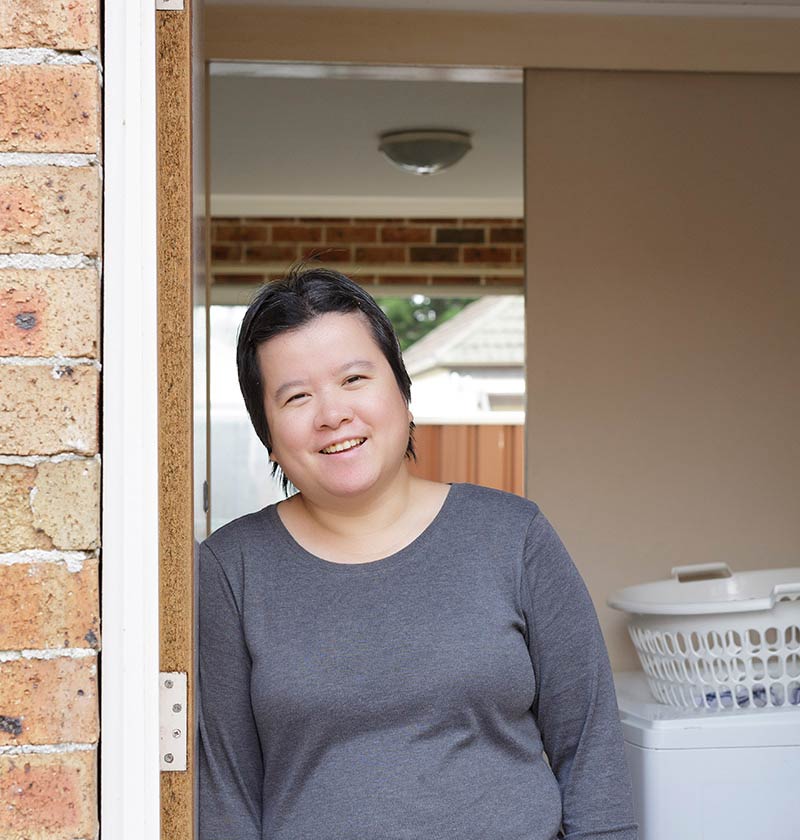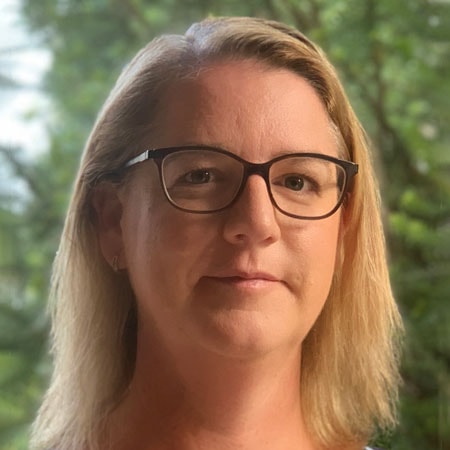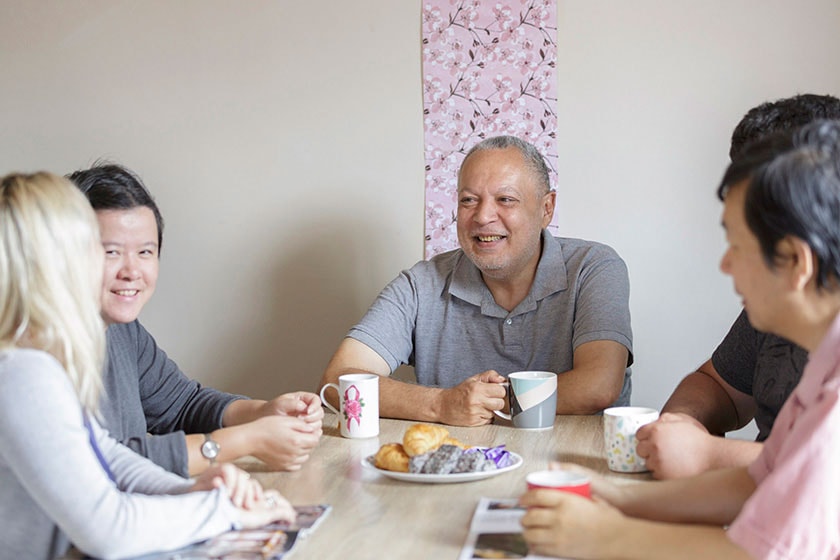We also know that, without stable accommodation and reliable support, the effects of persistent and severe mental health conditions leave people feeling increasingly marginalised and disconnected from family and the community.
St John of God Social Outreach’s Casa Venegas Director Bronwyn Howlett explains this service and what sets it apart.
Who does Casa Venegas support?
Casa Venegas, based in the inner west and south west of Sydney, provides secure accommodation, support and advocacy to help clients with an enduring mental health condition start their recovery journey, gain confidence, work on their health, build positive connections and ultimately move towards an independent and fulfilling life in the community.
The service supports both men and women who live with a long-term mental health condition and are homeless or at risk of homelessness.
Most people in the service have a diagnosis of schizophrenia, but the service also has people with a diagnosis of mood disorders such as depression and bipolar disorder, as well as complex trauma, post traumatic stress disorder, autism spectrum disorder and intellectual disabilities. It is not uncommon for people to have multiple diagnoses.
What does it mean to have an “enduring mental illness”?
An enduring mental illness primarily refers to a long-term experience of a mental health condition - usually greater than two years and frequently also includes psychosocial disability.
Most of these people are able to live successfully in the community with support from mental health, primary care and social services.
The physical health of this population is often poor and they receive less treatment and support than other older people with comparable physical health needs.
Problems with psychiatric comorbidity (e.g. depression and substance misuse), cognitive impairment and social exclusion are also common.
There is currently varying treatment and support options available – especially appropriate accommodation. Positive outcomes can be achieved by a recovery approach that attends to all aspects of the person’s health.
The age of onset for many mental health conditions, especially schizophrenia, disrupts the usual developmental trajectory for some people.
This means that in some instances they have never learnt the skills to look after a property, or their illness affects their motivation or organisation and when they become unwell they may end up being evicted for not looking after it or paying their bills.
The Casa Venegas difference
Many of the people we work with at Casa Venegas have been down this path prior to connecting with our service - they have become unwell and been admitted to mental health units with no fixed address and a poor rental history.
Another factor that makes Casa Venegas different is the fact that although the accommodation is transitional (meaning it is not a permanent home), there are no fixed timeframes for being in the service.
This provides clients with stability while they learn skills, develop links with the community and plan for their permanent home. NDIS or other funding is also not a requirement to be in the program.
As a percentage of eligible revenue from our hospitals is put towards services in the community, every time you choose St John of God Health Care, you help us provide outreach to people in need.
People like Casa Venegas clients who need a stable home while they develop the support networks, confidence and skills to manage their mental health condition and live successfully in the community








